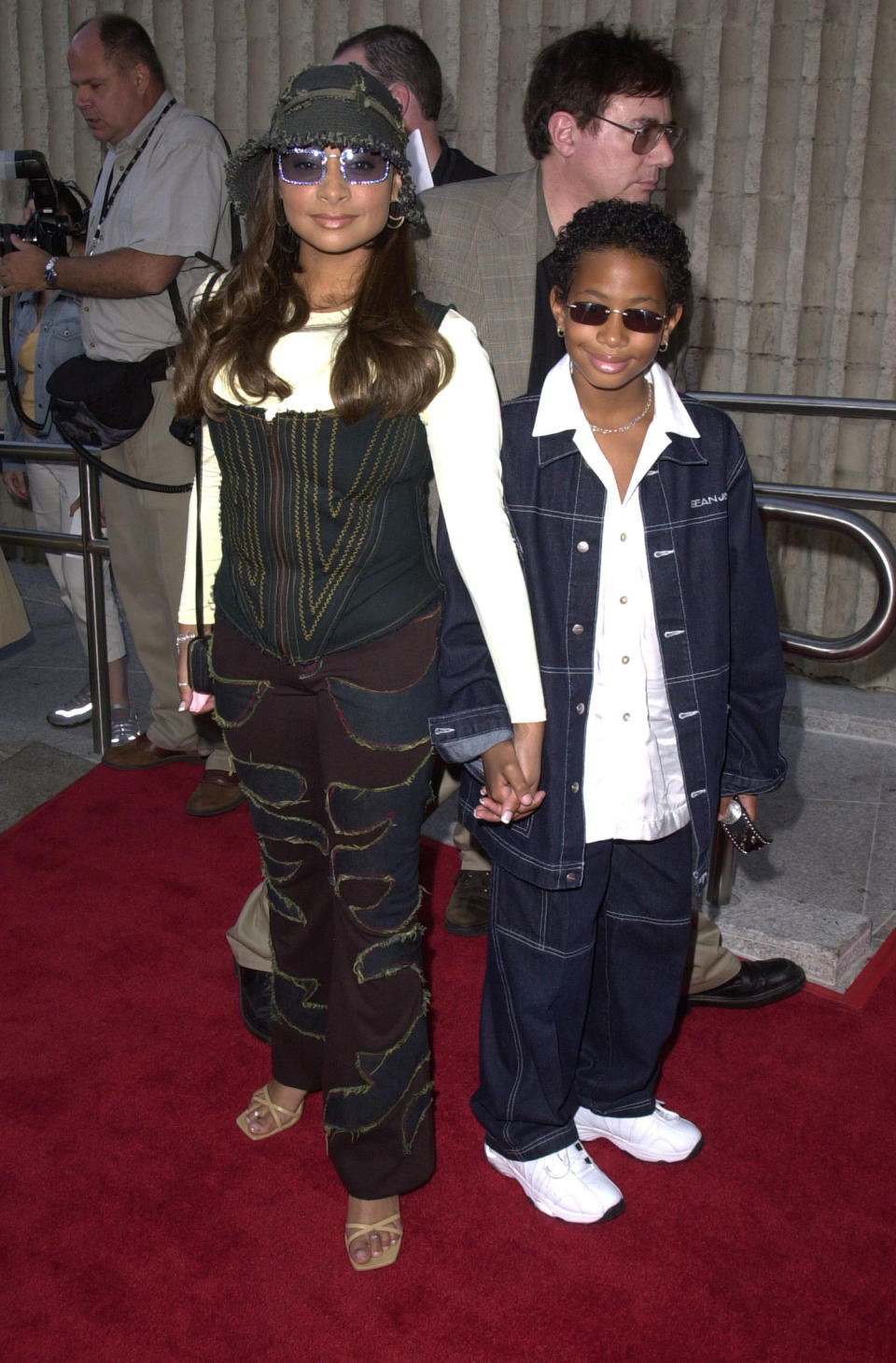Raven-Symoné reveals her younger brother died from colon cancer
- Oops!Something went wrong.Please try again later.
Raven-Symoné has shared some sad news with her followers.
The "That's So Raven" star's brother, Blaize Pearman, died in November after battling colon cancer for about two years, she revealed in an Instagram video on Dec. 11.
Raven-Symoné first thanked everyone for their "amazing" birthday wishes. She turned 38 on Dec. 10.
“It was a little bittersweet for me to be honest because last month I lost my brother, Blaize,” she told her followers. “He was battling colon cancer for about two years, and he is in a better place now.
“He’s loved and missed and the emotions that have been weaving in and out of my body and mind and family have been a roller coaster,” she continued.
“I love you, Blaize,” she said. “His birthday is Dec. 16 and forever will be. I love you, guys. My family on Instagram, my family at home and my family and friends, you guys have been such an amazing support system and I love you all.”
Pearman was not in the public eye but had attended red carpet events with his big sister over the years.
Raven-Symoné received a slew of supportive messages from her friends, followers and former colleagues like "Cheetah Girls" co-star Sabrina Bryan, who wrote, "I am so sorry to hear this news Raven! You were always such an awesome big sister who loved and adored her baby brother! Sending healing prayers to you and your family during this difficult time."

Kiely Williams also commented, "I am so sorry. There are no words that can ease this kind of pain, but I hope you can find moments of peace and comfort in the weeks and months ahead. You and your family are in my prayers."
Colon cancer develops in the tissues of the colon, the first and longest part of the large intestine. According to MedlinePlus, colorectal cancer happens when there are changes in your genetic material, or DNA, with the exact cause unknown.
Anyone can develop colorectal cancer, which includes colon and rectal cancer, but certain factors make a person more likely to develop it, like being older, a history of colorectal cancer, or a history of adenomas — "colorectal polyps (growths) that look abnormal under a microscope or are 1 centimeter or larger. Adenomas are not cancer, but they can sometimes turn into cancer over time," per MedlinePlus.
Colorectal cancer may not cause symptoms at first, which is why it's important to have screening tests.
This article was originally published on TODAY.com

